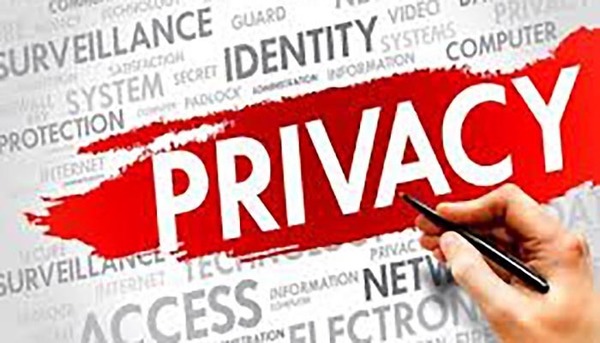
There are many things you can do to keep your home and family safe. Lock your exterior doors at night before you go to bed. And make sure the garage door is closed. Lock the car each time you leave it while shopping. Keep important documents in a safe.
But what about your personal information? Do you give it the same attention as you do your family and personal possessions? See how well you do by reviewing these important guidelines.
Review Your Passwords
Do you use one of these passwords?
- 12345
- qwerty
- password
These are examples of the most commonly used passwords. Cybercriminals will use a list of the most commonly used passwords to gain access to your account.
Do you think your account password is on this list? Check this list of the Top 200 Most Common Passwords of the Year 2020.
Do you also use a short password? Cybercriminals are able to guess a short password faster than they can guess a long one. Make sure your password contains a combination of least 16 letters, numbers and/or special characters.
You can also use a passphrase. This is where you put several words together. This could be the title or line from a song, book or movie, part of a poem, etc.
Use Two Step Authentication
Notre Dame uses Okta two step login to safely access email accounts and many campus services. Two step authentication protects privacy better than passwords alone because the second requires a personal device such as your cell or office phone. Cybercriminals would not have access to this device to gain access to your account.
Be sure you have enrolled at least two devices in your Okta account, and take time to review and update your Okta settings. You can find more information in this knowledge article.
Secure Your Browser
Your browser is like your window to the Internet. Chrome, Firefox, Safari and other browsers allow you to search the Internet, and also offer you some convenience features while browsing. It can remember your credit card number, name, address, phone number, etc., and automatically pastes this information in online forms you fill out.
These browser convenience features can pose a threat to your privacy by possibly exposing this information if your computer is infected with a virus. You can find helpful browser tips in this short video titled One Quick Way to Stop Leaking Personal Info.
Social Media Privacy
Remember when you posted a picture of your pet and the pet’s name? An identity thief may use this and other personal information you post to guess your password or the answer to your challenge questions for your bank account.
The same is true for your birthday, schools you attended, your hometown or spouse’s name. Social media apps ask for this information for setting up your personal profile. One more way to protect your privacy is to leave that page blank.
Do you know who can see your posts? You may think it’s just your friends, but chances are their friends can see your posts too. In some social media apps anyone can see your posts.
Good privacy on social media means never posting your Social Security, bank account or credit card numbers. You may want to reconsider posting your address, phone number, or even your full name for additional privacy on social media.
Keep Your Devices Up-to-Date
All devices need updating—your phone, laptop, tablet, gaming system or television. Keeping operating systems and apps on your devices updated will protect you from exposing private information through infections and malware.
There are additional tips and guidelines on keeping your personal information protected in this Federal Trade Commission (FTC) article titled How to Keep Your Personal Information Secure.